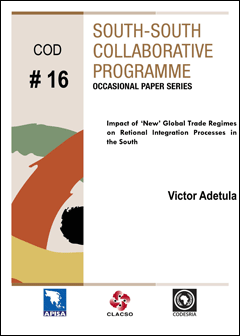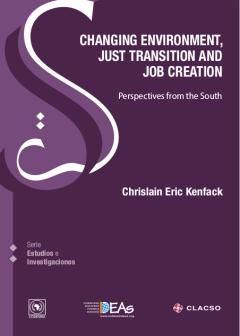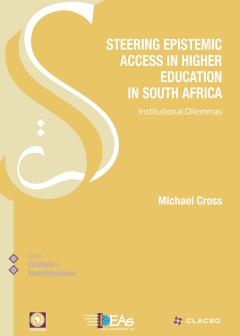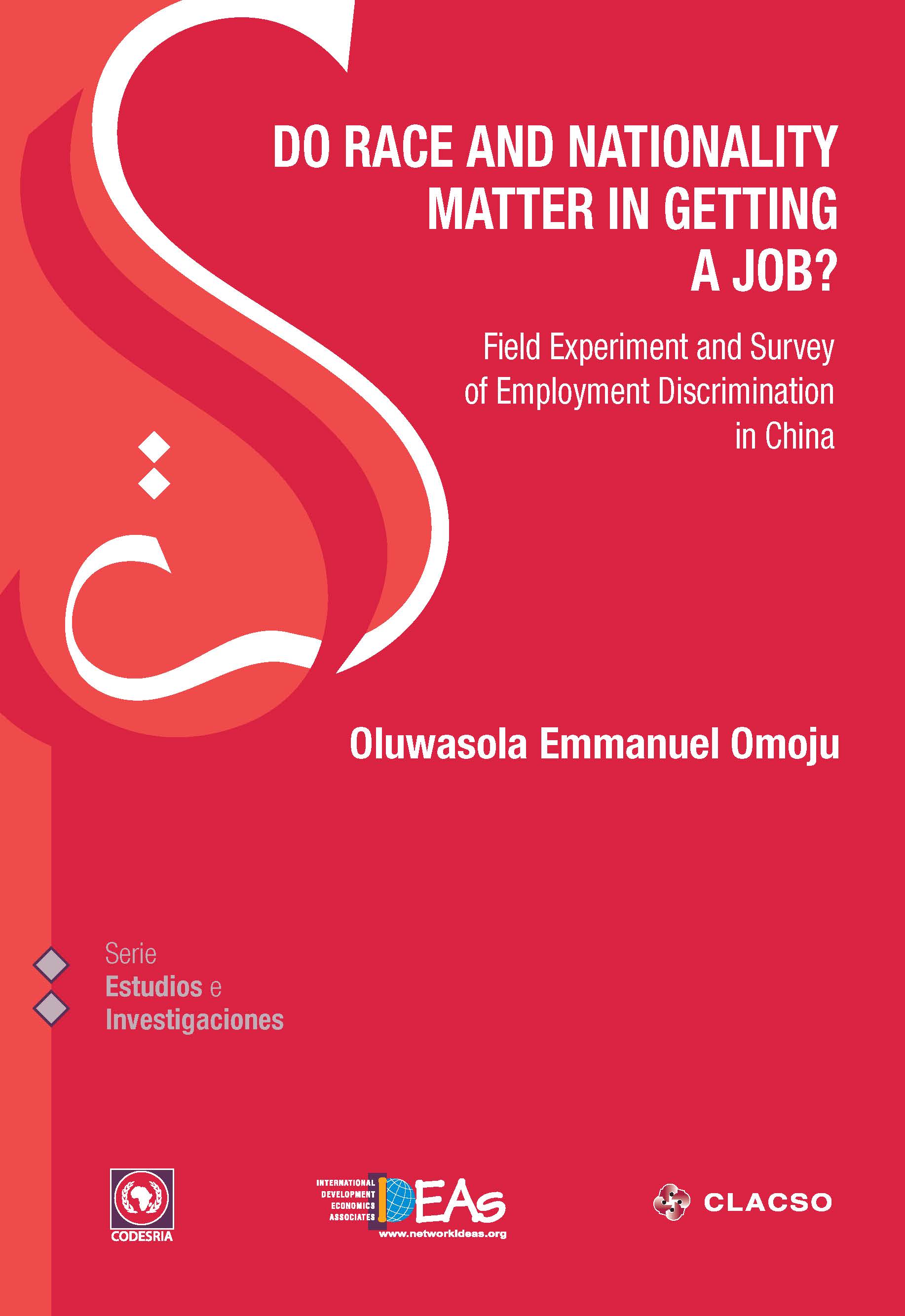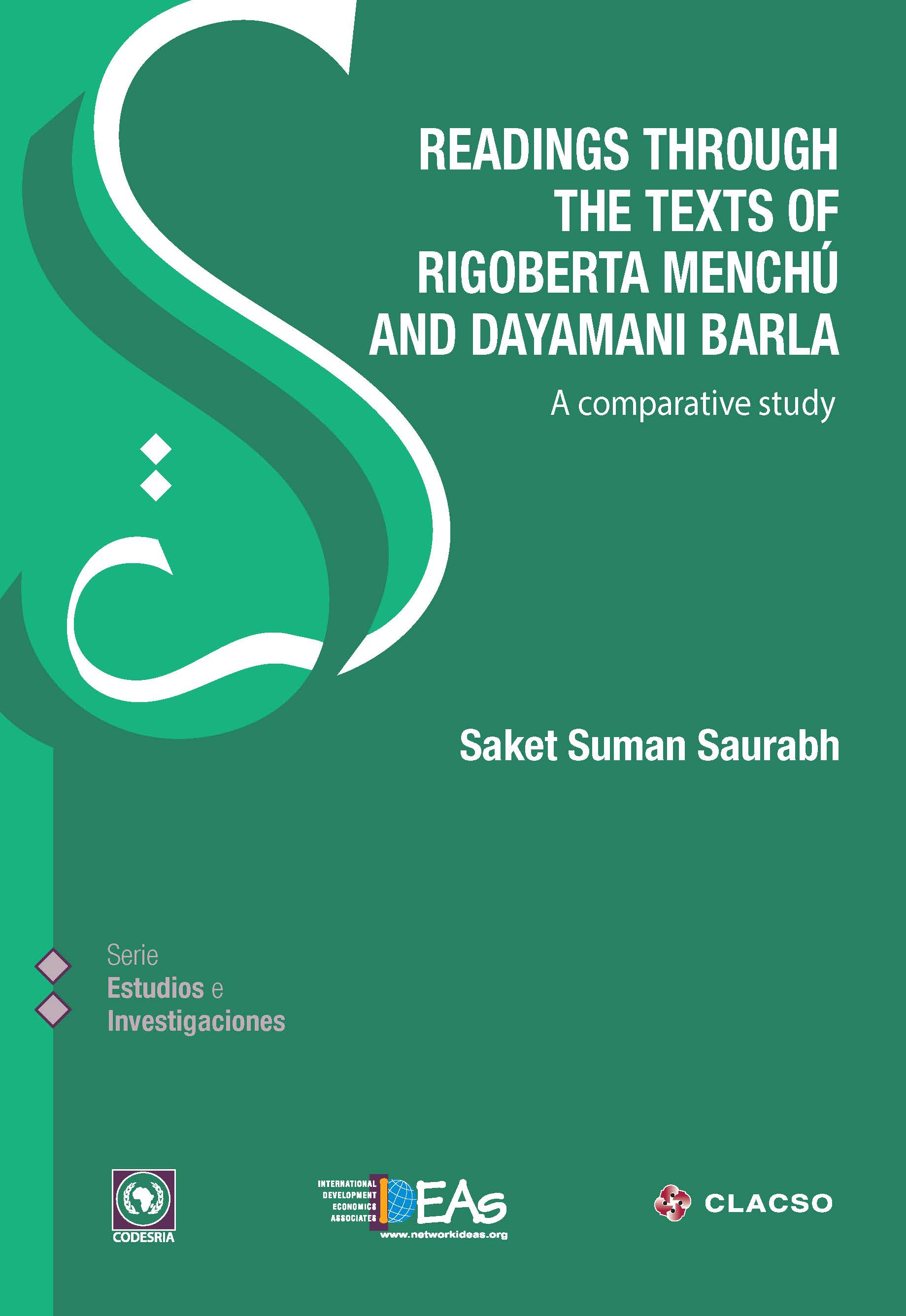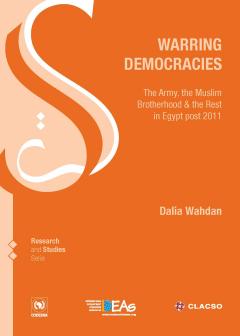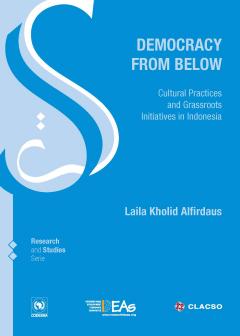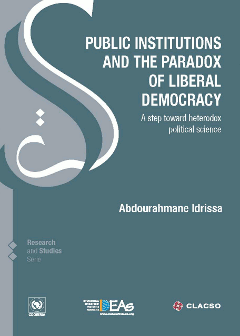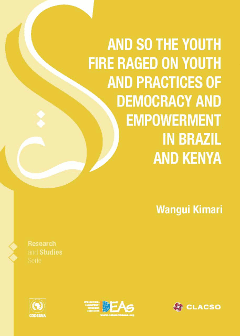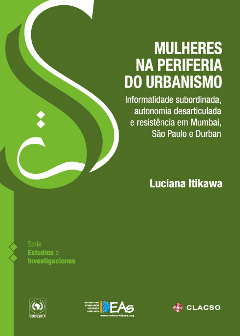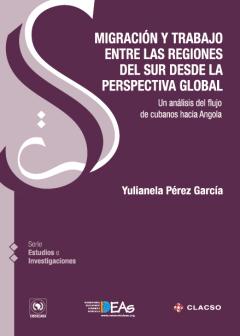- Sur-Sur.
Occasional Paper Series COD #16
Impact of 'New' Global Trade Regimes on Retional Integration Processes in the South
Compartir:
The realities of global economy, including the increase commitment of the North to hegemonic tendencies, have again revived interests in regional integration and cooperation, with better and improved acceptance in the South. Motives for regional cooperation include broad economic, social and political interests, and the need for greater international bargaining power in the world economy. Although most of the regional integration schemes in the South have always claimed responsibility for promoting regional cooperation and integration, the practical results, however, have been very disappointing. Nevertheless governments in the South have regularly declared their commitment to the ideals of regional cooperation as a strategy for self-reliance and development. The critical question is how integration and cooperative schemes are they fairing (or are likely to fare) under the 'new' global regimes on trade? The Economic Community of West African States (ECOWAS) is our case study for testing our key hypotheses on the challenges and opportunities for the regional integrations schemes in the South against the background of 'new' global trade regimes. We examine the paths taken by countries in West Africa to bring about regional cooperation and integration and ask the question what is the impact of globalization, especially in terms of the pressures of global market forces on integration processes in the South. What is the influence of the regime of the World Trade Organization (WTO) and other global forces? What is the impact of the global market forces on the capability of regional integration schemes in the South to work towards achieving collective self-reliance? What is the extent of resistance of the South to the inequality and inequities that characterized the global economic system? In this paper we point out that that current African regional strategies are rather seeking accommodation within (also and closer cooperation with) the global trade system and its powerful international agencies. Recent developments in the cooperation between African regional blocs and the USA through the African Growth and Opportunity Act (AGOA), and the EU through the Free Trade Agreement (FTA) are cases in point. Also, the Economic Partnership Agreements (EPAs) negotiated in the Post-Cotonou era is no less important in this regard. These initiatives are far from promoting collective self-reliance in Africa. Rather the trends have pointedly showed the need to redefine the goals and strategies of regional integration in Africa beyond the constraining influences of global market forces.(...)
Detalle
- Editorial/es:CLACSO. CODESRIA. APISA.
- Ciudad de edición:Buenos Aires.
- Fecha de publicación:Enero de 2008

